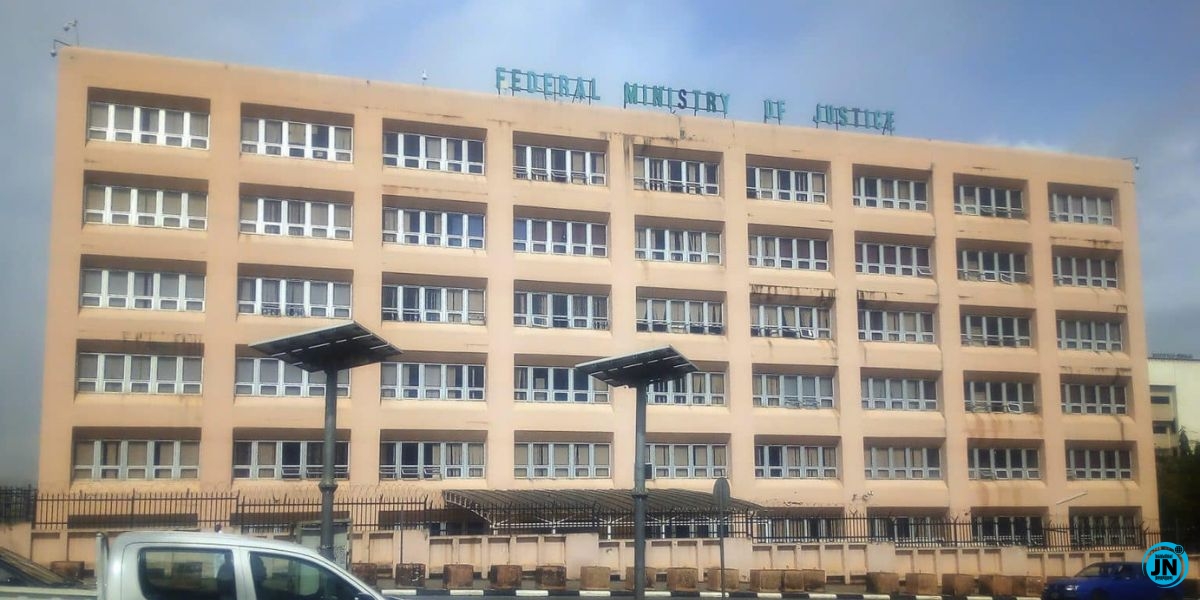
The Federal Ministry of Justice has outlined a ₦460 million budget proposal for the procurement, maintenance, and fueling of utility vehicles in the 2025 financial year. The proposal was included in the 2025 Appropriation Bill submitted to the National Assembly by President Bola Ahmed Tinubu on December 18, 2024.
The allocation for utility vehicles is broken down into three categories: ₦350 million for the purchase of the vehicles, ₦110 million for fueling expenses, and ₦45 million for maintenance. Additionally, the Ministry of Justice is seeking ₦1.5 billion for travel expenses, which includes domestic and international trips. Of this amount, ₦700 million is designated for domestic travel, including training programs, while ₦800 million is earmarked for international travel. These funds are intended to cover the costs of the ministry’s headquarters and do not include the budgets for the six agencies under its supervision.
The agencies overseen by the Ministry of Justice, which are excluded from this budget proposal, include the Nigerian Law Reform Commission, Legal Aid Council, Council of Legal Education, Nigerian Institute of Advanced Legal Studies, National Human Rights Commission, Regional Centre for International Arbitration, National Drug Law Enforcement Agency, and Nigerian Copyright Commission.
In another related development, the House of Representatives is currently reviewing a proposal to separate the roles of the Attorney General of the Federation (AGF) from those of the Minister of Justice. The proposal, if approved, would also require the separation of the offices of Attorney General and Commissioner of Justice at the state level. The bill, which is co-sponsored by PDP lawmakers Mansur Soro (Darazo/Ganjuwa, Bauchi State) and Oluwole Oke (Osun), seeks to amend Section 150 of the 1999 Constitution (as amended). It is currently being reviewed by the House Committee on Constitution Review, led by Deputy Speaker Benjamin Kalu.
The proposed amendment states, “There shall be an Attorney-General of the Federation who shall be the Chief Law Officer of the Federation, different from the person occupying the position of the Minister of Justice, to be appointed by the President, subject to the confirmation of the Senate.”
Additionally, a new sub-section is being introduced to Section 195 of the Constitution, which would state, “There shall be an Attorney-General for each State who shall be the Chief Law Officer of the State to be appointed by the Governor, subject to the confirmation of the House of Assembly.”

